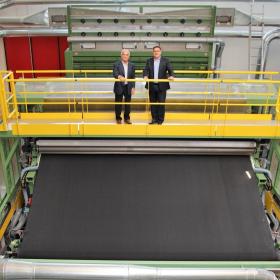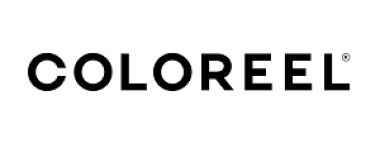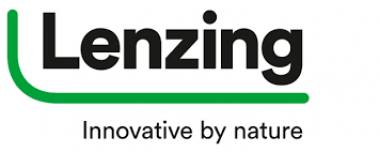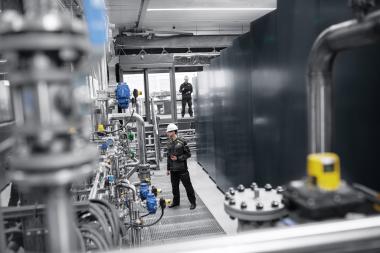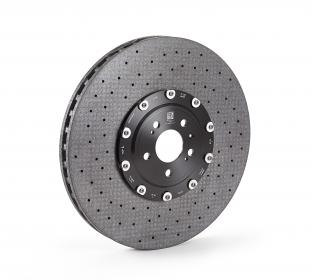Carbios: 2023 Half-Year Results
- Confirmation of industrial and commercial targets with the construction in France of the world's first plant using Carbios' PET biorecycling technology: progress in line with the target of commissioning the unit in 2025
- Exclusive global partnership with Novozymes, guaranteeing the supply of enzymes on an industrial scale for Carbios' PET biorecycling plant and all future licensed plants
- Consolidation of the partnership with Indorama Ventures, which plans to raise around €110 million for this first plant
- 54 million in aid from the French government via France 2030 and the Grand-Est Region to finance construction of the plant and accelerate R&D work
- Strengthening of the Carbios Group's financial structure: successful capital increase of €141 million with French and international investors
- Carbios Group cash position of €78 million at 30 June 2023, not including the net proceeds of the €141 million capital increase received in the second half of 2023
Carbios

















